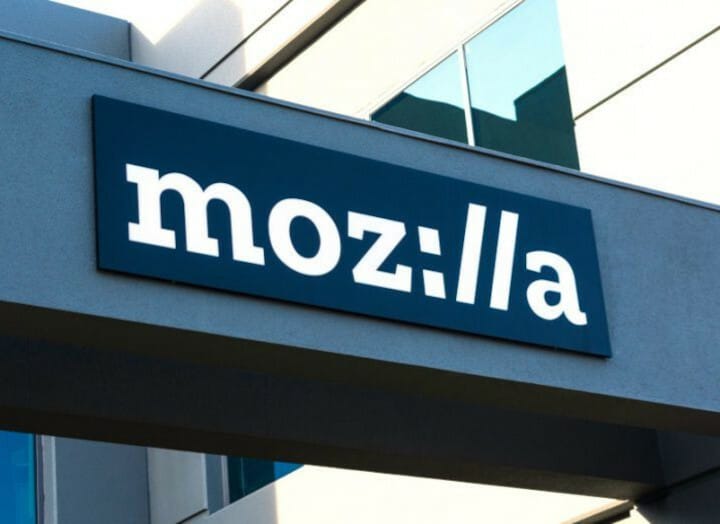
Mozilla AI
Bill Gates looked at the AI tidal wave and declared it the "most important advance in technology since the graphical user interface." That one, you may recall, became Microsoft Windows. Now, everyone is dealing with the generative AI revolution. How will it change business? Technology? Our very lives? Mozilla, best known for the Firefox web browser, was already thinking about how AI could work for--and against us--long before everyone was playing with OpenAI's ChatGPT.
In 2020, Mozilla released a paper, Creating Trustworthy AI. In it, its analysts defined "trustworthy AI as AI that is demonstrably worthy of trust, tech that considers accountability, agency, and individual and collective well-being." So, for example, this action plan seeks to eliminate bias; protect privacy and security while avoiding the centralization of AI power in the hands of a few big tech companies.
Is it too late for that? Microsoft, for example, has put another $10 billion into OpenAI. We'll see.
Now, Mozilla is committing $30M to build Mozilla.ai. This is both a startup and a community devoted to building a trustworthy, independent, and open-source AI ecosystem.
This will not be easy. While AI is built on top of such open-source programs as TensorFlow, PyTorch, and Hugging Face's Transformer, GPT, easily the most popular generative AI program, has stepped away from its open-source roots to become a proprietary service. Indeed, as Ben Schmidt, Nomic AI's VP of information design, tweeted, “I think we can call it shut on ‘Open’ AI: the 98-page paper introducing GPT-4 proudly declares that they’re disclosing nothing about the contents of their training set.”
So it is that Mozilla, and many people, are worried about this trend towards closed-source, black-box AI services. After all, for all the excitement about AI, many of us are worried about it. Two decades of social media, smartphones, and their consequences have made us leery about the promises of technology. With AI, we've already seen ChatGPT declare a very living author dead. Now, imagine what your credit report would look like if an AI program took that statement as the truth.
Yes, AI has tremendous potential to enrich people’s lives. But it will only do so if we design the technology very differently. Mozilla wants us to put human agency and the interests of users at its core, and for us to prioritize transparency and accountability. In the meantime, Microsoft laid off its entire AI ethical team. The difference between these two approaches couldn't be more black-and-white.
At the same time, big tech and big cloud companies, whoever has the most power and influence, are continuing to consolidate their control over the AI market. While Mozilla's initial $30 million investment into Mozilla.AI sounds good, but even after Microsoft invested first a billion dollars in OpenAI in 2019 and $2 billion in 2021, Sam Altman, OpenAI's CEO, still tweeted in December 2022, "we will have to monetize it somehow at some point; the compute costs are eye-watering." Another $10 billion from Microsoft and a $20-a-month service fee later, I trust OpenAI has enough cash to keep its virtual doors open.
Besides Microsoft's investments, according to Stanford’s AI index, $94 billion was invested in AI in 2021. Compared to that, Mozilla's millions look like too little, too late.
Still, the group hopes to pose a real counterweight to the status quo. The new organization's first goal is to make tools that make generative AI safer and more transparent. I wish Mozilla luck. It's already clear, we need a kinder, gentler AI. Want to help Mozilla? Reach out at [email protected].
Noteworthy Linux and open-source stories:

